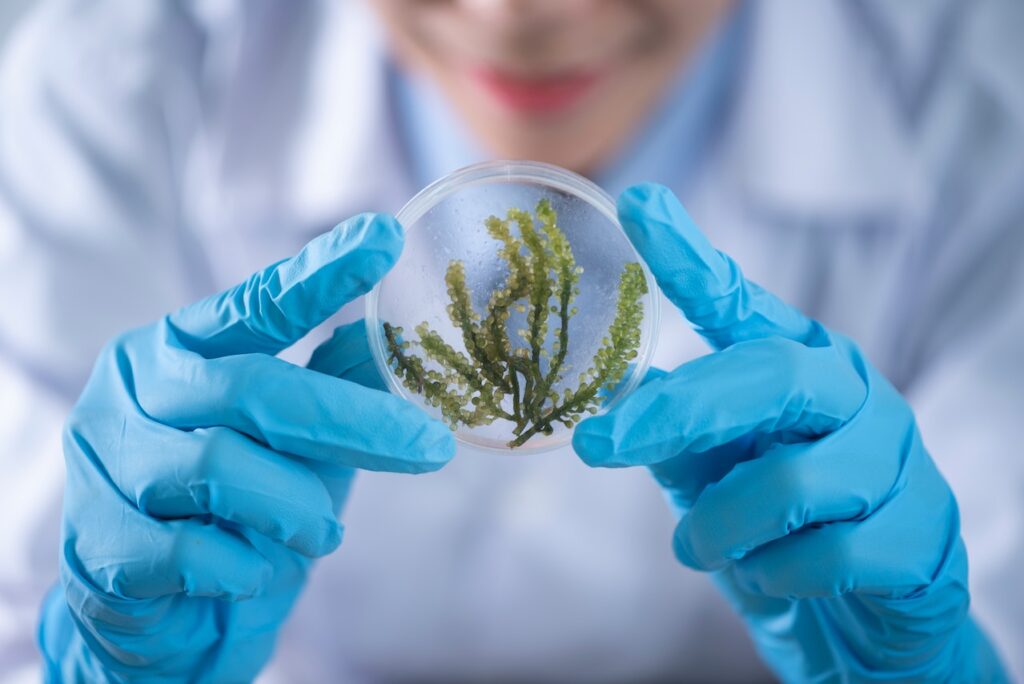
Sustainable agriculture is a holistic approach to food production that aims to meet the growing demand for food while minimizing environmental impact, conserving natural resources, and ensuring the well-being of farmers and rural communities. This article explores the concept of sustainable agriculture, its principles, practices, and the importance of transitioning towards a more resilient and regenerative food system.
Understanding Sustainable Agriculture
This section provides an overview of sustainable agriculture, defining its core principles and objectives. It explains how sustainable agriculture seeks to balance economic viability, environmental stewardship, and social equity. It emphasizes the importance of promoting soil health, conserving water, reducing chemical inputs, and supporting biodiversity in farming practices.
Principles of Sustainable Agriculture
Delving deeper, this section explores the principles that guide sustainable agricultural practices. It discusses concepts such as agroecology, organic farming, crop diversification, integrated pest management, and conservation agriculture. It highlights the significance of ecological balance, resource efficiency, and resilience in agricultural systems.
Soil Health and Regenerative Practices
Addressing the foundation of sustainable agriculture, this section focuses on soil health and regenerative practices. It discusses the importance of maintaining soil fertility, preventing erosion, and enhancing soil organic matter. It explores practices such as cover cropping, crop rotation, agroforestry, and composting that improve soil health, increase biodiversity, and sequester carbon.
Water Conservation and Irrigation Efficiency
Highlighting the efficient use of water resources, this section explores sustainable irrigation practices and water conservation in agriculture. It discusses techniques such as drip irrigation, precision farming, and rainwater harvesting that minimize water waste and optimize water use. It also addresses the importance of managing water quality and protecting freshwater ecosystems.
Biodiversity Conservation in Farming Systems
Recognizing the role of biodiversity in sustainable agriculture, this section discusses the importance of preserving and enhancing biodiversity on farmland. It explores the benefits of incorporating native plants, hedgerows, and buffer zones to provide habitat for beneficial insects, pollinators, and natural enemies of pests. It emphasizes the significance of promoting agro-biodiversity and preserving genetic diversity in crops and livestock.
Sustainable Livestock Management
Addressing the livestock sector, this section explores sustainable livestock management practices. It discusses concepts such as rotational grazing, mixed farming systems, and organic animal husbandry that promote animal welfare, minimize environmental impact, and reduce reliance on antibiotics and hormones. It also addresses the potential of alternative protein sources, such as plant-based and cultured meat, in promoting sustainability.
Farmers’ Well-being and Resilient Communities
Highlighting the social aspect of sustainable agriculture, this section focuses on the well-being of farmers and rural communities. It discusses the importance of fair trade, farmer training, access to markets, and supportive policies that enhance the economic viability of sustainable agriculture. It emphasizes the need for resilient communities that can adapt to climate change and other challenges.
Conclusion
Summarizing the key points covered in the article, the conclusion reinforces the importance of sustainable agriculture in building a resilient and regenerative food system. It emphasizes the need to embrace the principles of sustainable agriculture, adopt regenerative practices, and promote collaboration among farmers, consumers, policymakers, and other stakeholders. By prioritizing sustainability in agriculture, we can nourish the world’s population while safeguarding the health of the planet and future generations.